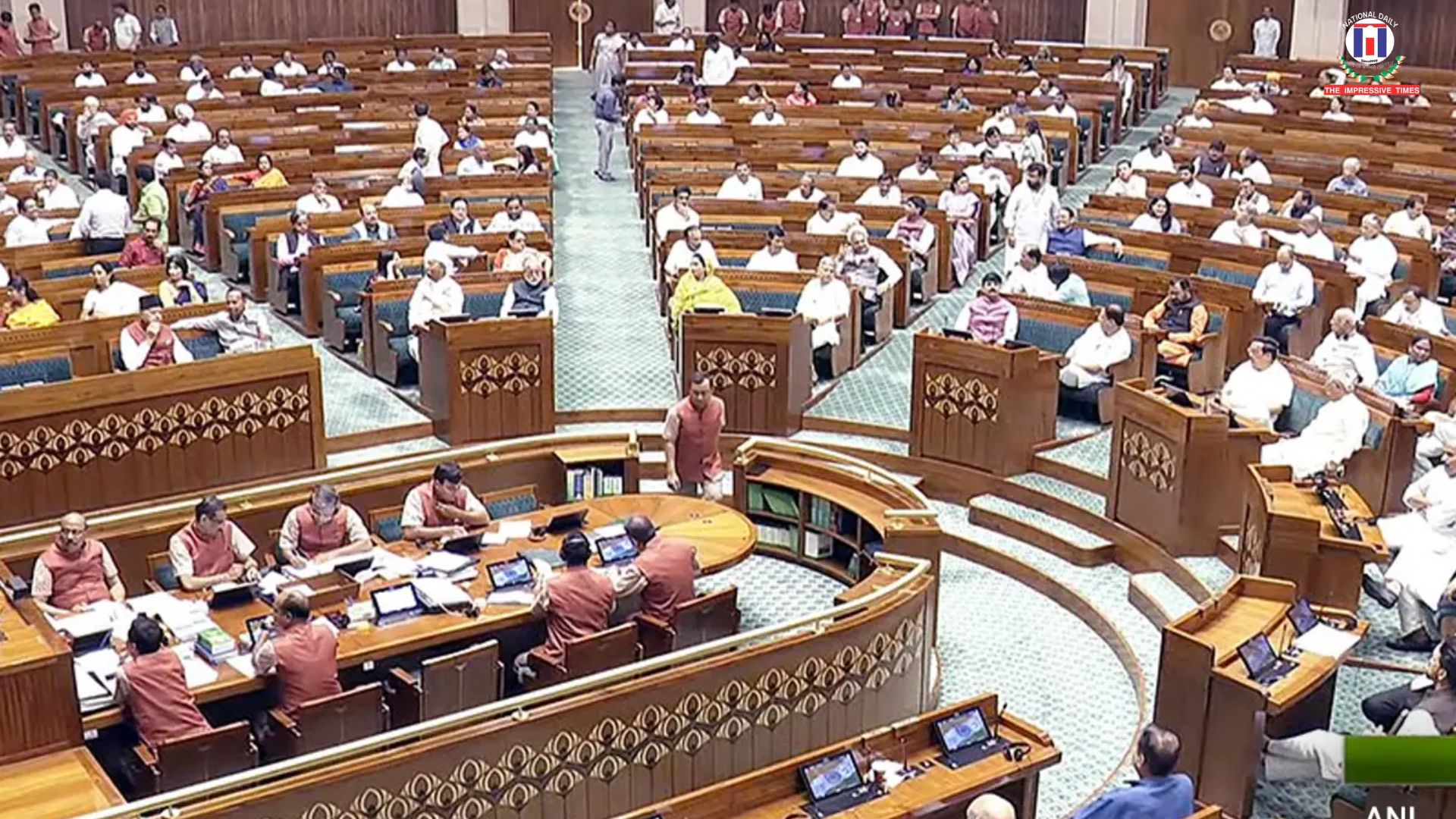
TIT Correspondent
info@impressivetimes.com
NEW DELHI, 25 JUNE: Lok Sabha, the popular House of our Parliament, embodies the hopes and aspirations of our vast and diverse population. It serves as a vital forum where the people’s representatives voice concerns of their constituents and strive to address complex national issues. Over the years, the House has evolved into one of the strongest institutions safeguarding the rights and dignity of the citizens it represents. As it prepares to meet in its fifth session on July 21, this moment offers a timely opportunity to reflect on its performance over the past year
The 18th Lok Sabha, constituted after the 2024 general elections, has not only streamlined legislative work across its four sessions but also revitalized India’s democracy. Beyond elections and debates, the true strength of Indian democracy lies in the ongoing adaptation and strengthening of its institutions. Over the last one year, Lok Sabha has evolved into a more effective platform for expressing the hopes and concerns of the people, thereby reinforcing public confidence in the effectiveness of our legislative bodies.
Under the leadership of Om Birla who assumed the office of Lok Sabha Speaker on 26 June 2024, the past year has seen transformative digital initiatives that promise a smarter, more transparent, and inclusive Parliament. The flagship Digital Parliament Project 2.0 aims to enhance transparency, accountability, and accessibility while fostering digital collaboration among MPs, staff, and citizens. A major focus has been the digitization of parliamentary heritage. Between September 2024 and February 2025, nearly 8,000 hours of historic audio-visual records have been converted into digital formats, making archival parliamentary proceedings and documents accessible to the public. An AI-powered search system now allows users to find specific words or topics in videos instantly, even across multiple languages.
To modernize operations, the Lok Sabha has introduced a digital attendance system, enabling MPs to mark presence electronically via tablets and digital pens. This has propelled paperless workflows and real-time attendance analysis. Similarly, a new eHRMS platform has streamlined human resource functions like payroll, leave, and retirements, boosting administrative efficiency. New technologies have simplified newly-elected MPs’ daily tasks—replacing the cumbersome process of filling 19 different forms with a unified onboarding app, saving time and reducing errors.
The Parliament Digital Library (PDL) has emerged as a crucial resource, offering the public digital access to vast parliamentary research and information, furthering transparency and democratic engagement. This initiative not only puts the rich parliamentary knowledge hub in digital space for wider use but also strengthens our democratic legacy.
To address India’s linguistic diversity, AI-driven translation and localization tools now automatically convert parliamentary documents into the country’s constitutional languages. The indigenous AI tool “Sansad Bhashini” provides multilingual support for parliamentary work, breaking language barriers and promoting inclusivity as part of the Digital India mission.
These digital transformations in the Indian Parliament are more than just technological upgrades; they signify a modern reimagining of democracy’s core. Lok Sabha Speaker Om Birla’s initiatives have made parliamentary processes more effective while strengthening citizen engagement. India’s Parliament is no longer just a historic institution—it is evolving into a digital, future-ready democratic model.


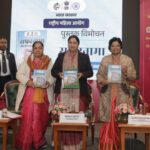

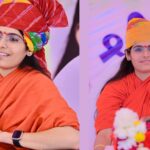

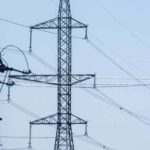





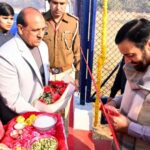


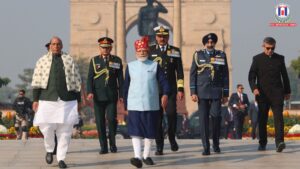
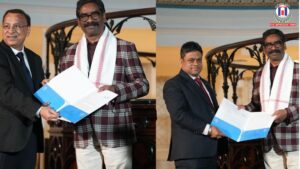

No Comments: